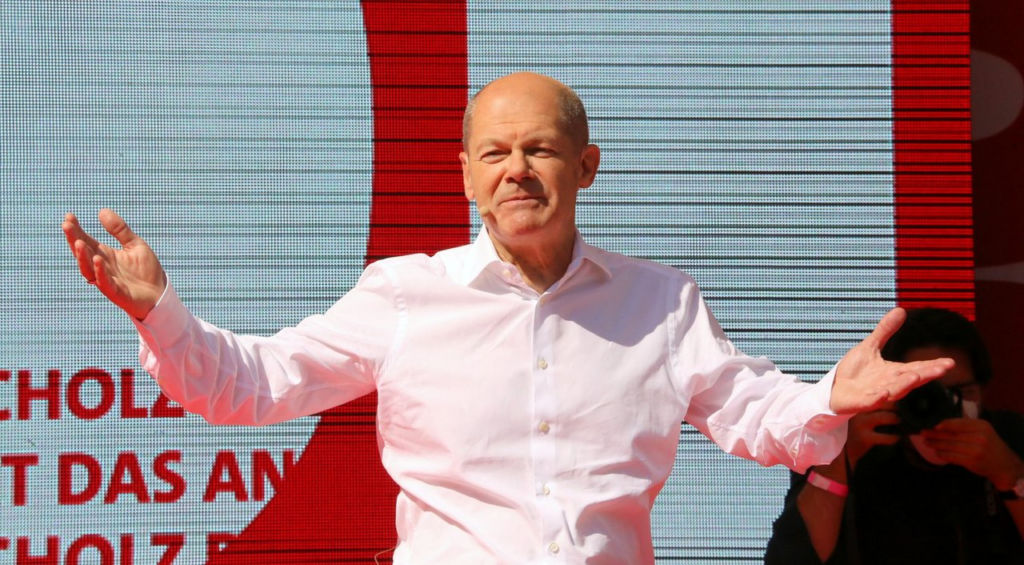No Political Consent Over Increasing Germany’s Military Spending
Germany is nearing its next parliamentary elections in March 2025. Despite many problems present within the country, ranging from the migration crisis, rising energy prices, to domestic terrorism and political violence, one of the key subjects to address remains defense and defense spending. The German government is currently spending below 2% of its GDP on its military, struggling to keep up with NATO’s average military expenditures plan. With a major election looming, none of the significant parties have a clear picture of how to pursue the target on spending.
At the beginning of January, Robert Habeck, the current Vice Chancellor of Germany and Minister for Economic Affairs and Climate Action, from the Green Party urged an increase in spending to 3.5% of GDP annually. “We need to spend almost twice as much on our defense so that Putin does not dare to attack us. We must secure peace and prevent further war,” Habeck said. The idea was attacked by German Chancellor, Olaf Scholz.
According to Politico Scholz wants to present himself as a peace-seeking candidate. The incumbent chancellor fears swaying voters who object to aiding Ukraine in its war against Russia. However, he reportedly also blocked local initiatives pushed by the Minister of Defense from his own party to deliver an additional $3 billion worth of military aid to Kyiv, including additional IRIS-T systems, and has since suggested aid to Ukraine aid would be contingent with the loosening of Germany’s strict spending restrictions. Scholz suggests that the large aid package should be paid for by borrowing, not from the the national budget.
In the meantime, German liberals demand the financing of military spending by cutting already existing social expenses. An idea that is strongly opposed by social democrats and may become unpopular among voters. The liberals seek the possibility of cutting the costs of the German social aid program that would hit the unemployed hardest. On the other hand, they oppose financing the military by increasing the annual financial deficit of the state.
The uneasy situation is enflamed by the US President-elect’s statements on collective security and military spending. Donald Trump threatened to subordinate US aid to meeting the NATO financial contribution target. German defense politics has seemingly reached an impasse and a solution will need to be found which does not destabilise any future governing coalition.

